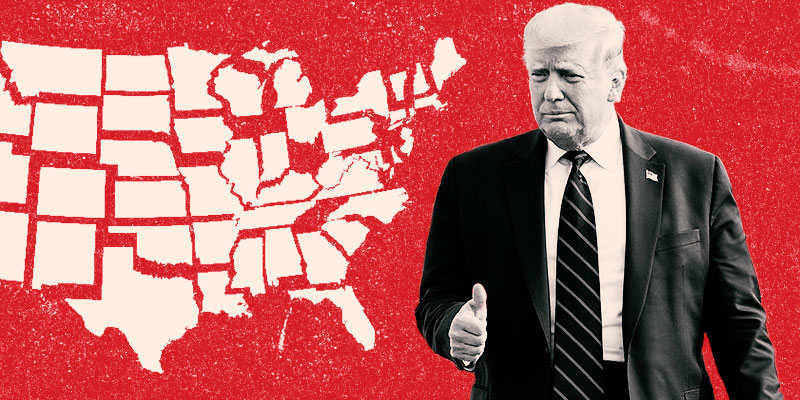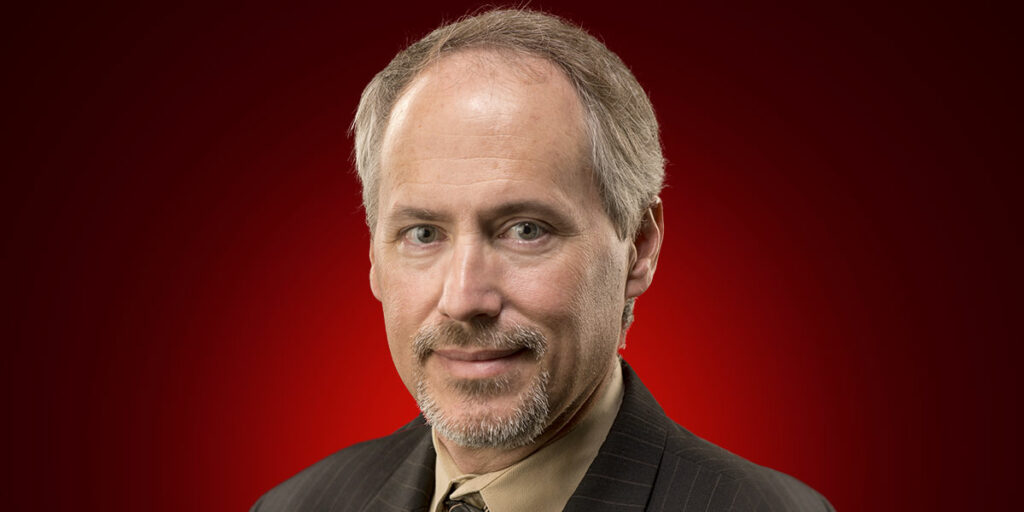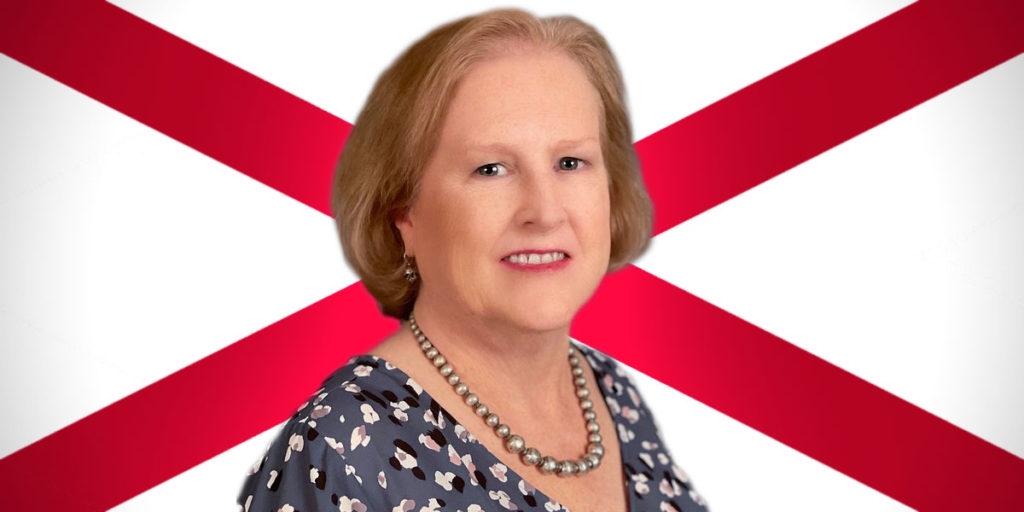Near the start of the COVID-19 pandemic, critics of President Donald Trump’s response to the novel virus claimed that he didn’t have a plan.
They’ve derided him for not having a “national response” and have called for a nationwide lockdown and mask order.
Critics pressed the president to use the power of the federal government to issue pervasive dictates covering most aspects of life.
These critics say the president’s failure to implement ironfisted control across the nation means there was/is no plan to fight the virus.
I, and our nation’s founding fathers, disagree.
Candidate Trump vowed to lead the nation using conservative principles. He committed to appointing conservative jurists, to protect the unborn and undo government regulations. He said he would oversee a limited federal government as opposed to an expansive government.
I know this may be a shocker, but the president actually kept his word. He promised to lead the nation as a conservative and, for the most part, has done that.
It’s rare for a politician to implement the ideas campaigned on. Many officials allow their policies and values to be moved by the winds of public opinion. Indeed, it is an uncommon creature who actually governs as promised.
To be sure, Trump is no ideologue.
Many of the positions he holds are opposite those he held prior to his campaign. But friends and foes alike should recognize that, since his win, he has remained fairly consistent in his precepts, including federalism.
I am honestly heartbroken and worried for our nation as what I suggest below will be considered by many as novel.
So, buckle up, here’s the truth.
From the outset, our founding fathers sought to reserve for the states as much power as possible. They had just fought the British King because of his lack of respect for local control over situations in the Colonies which he didn’t understand. Our forefathers had little intention to allow the new American government to become a centralized behemoth of raw, uncontrollable power. To prevent this from happening, they implemented federalism.
Federalists believe state governments are closer to the people and thus have a better understanding of local needs than does the national government. Our founders believed this, too. The Constitution requires that all powers not given to the federal government or “prohibited by it to the States, are reserved to the States respectively, or to the people.”
That’s federalism.
Conservatives generally support federalism’s tenant that state government powers should not be usurped by the federal government. Modern American conservatism’s greatest icon, President Ronald Reagan, described his 1981 economic plan as “returning power to the states and communities” through budget cuts and changes in priorities.
That’s federalism.
The Constitution limits the federal government to acting only in certain situations (via delegated, implied, or inherent powers). That’s the extent of federal power – do no less than what the Constitution says to do and do no more than what it says or (in some cases) what it implies.
That’s federalism.
If the Constitution does not empower the federal government to act in a given situation, the right to address the issue at hand belongs to the government of each state.
That’s federalism.
It really is that simple and is central to our system of government.
Now, let’s apply federalism to President Trump’s handling of COVID-19.
On an April 16, 2020 conference call with the nation’s governors, President Trump told state leaders he expected them to “call [their] own shots.” The president invoked federalism, intentionally or not, saying “every state is different … they are very, very different. If they need to remain closed, we will allow them to do that. And if they believe it’s time to reopen, we will provide them the freedom and guidance to accomplish that task…”
That’s federalism.
Indeed, in a press briefing, the White House later underscored the use of federalism.
Admittedly, the embrace of federalism was a reversal of Mr. Trump’s previous stance. Regardless of how he got there, though, letting the states manage the bulk of the coronavirus response is a clear 21st-century application of federalism.
Unfortunately, the general public, most in the media, and many of our elected officials (on both sides of the aisle) have missed this.
It is incorrect to assert that President Trump doesn’t have a plan to address the pandemic and its effects.
He has a plan – he is letting the states, in their sovereign power, make the best decisions for their people based on local conditions and needs.
Trump’s approach rests on the principles and ideas found, in part, in the Federalist Papers and is undergirded by the historical accounts of our nation’s founding, including the establishment of our intentionally limited federal government.
You may not like the federalist approach; reasonable people can have differing opinions on whether a stronger national approach to the virus would have been more effective.
As seekers of truth, however, we all must acknowledge that the president does have a plan, a plan that relies on state-driven responses and local control via federalism.
Unlike COVID-19, the president’s plan isn’t novel, it has been woven into the fabric of our nation for nearly 250 years.
Joshua Pendergrass is Chief Communications Officer for the Alabama Policy Insitute. He previously served as communications director for Governor Kay Ivey and is also a licensed attorney. Follow him on Twitter at @jpendergrass_al.













